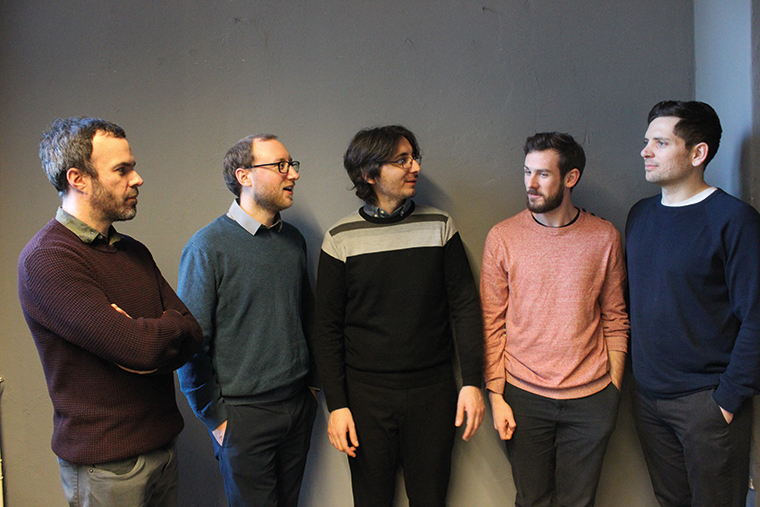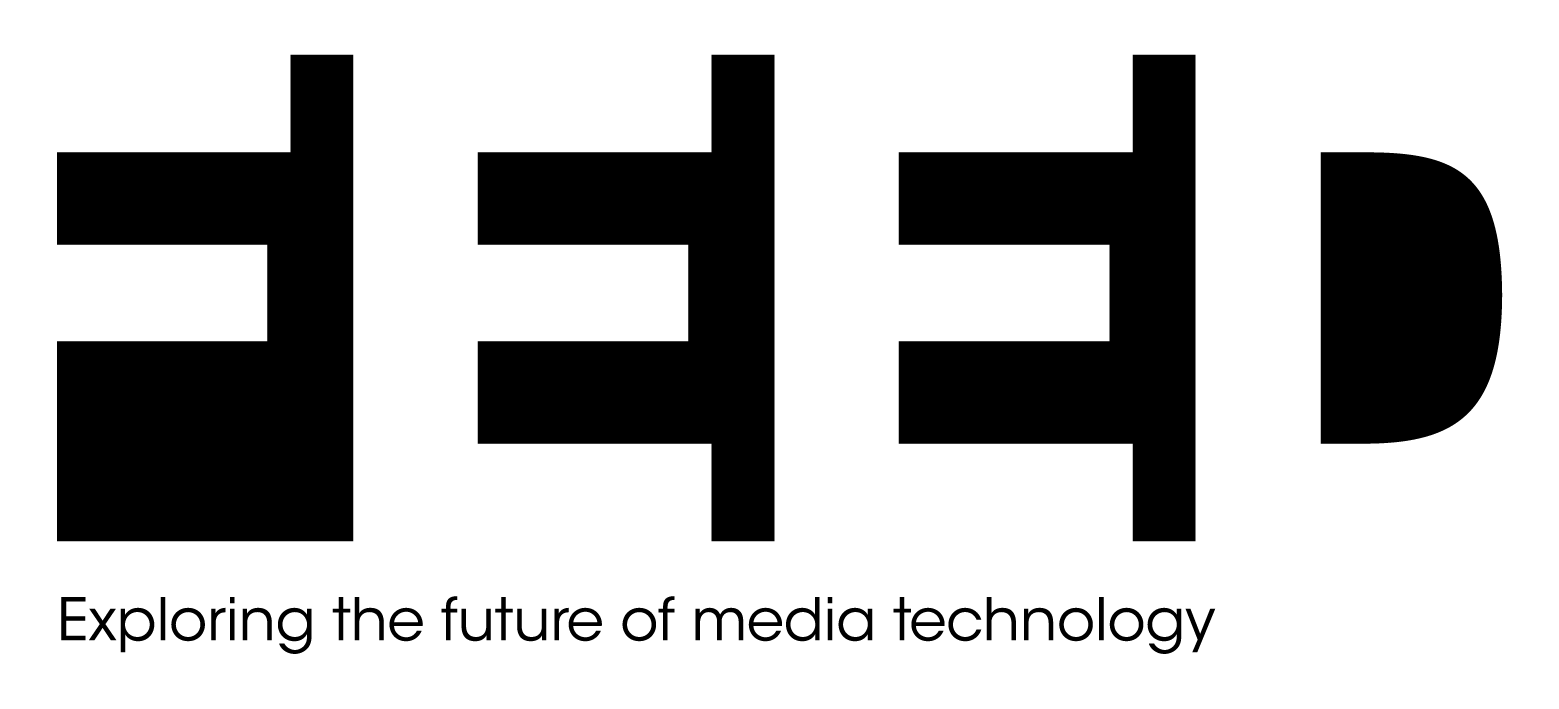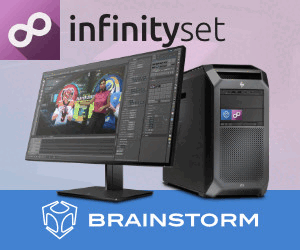Start-up: Melodrive, Germany, 2017

Two years on from raising a seed-funding round to develop its AI-powered generative music technology, Melodrive is revising both its business strategy and product offering
Turn the beat around: A shot of Melodrive’s team members, including Cárthach Ó Nuanáin, Andy Elmsley and Valerio Velardo
The Berlin-based start-up’s turnaround highlights some of the friction points that companies working in music AI currently face. Melodrive’s first offering was an adaptive music AI for video and VR games that automatically changes the tempo of background music depending on the events or locations in a game, or the characters that appear.
It was a unique and niche use case that set it apart from generative rivals such as Jukedeck and Amper. The firm’s co-founders and key members of staff – who are from Italy, Denmark, Ireland and the UK – are all passionate about gaming, with three out of four holding PhDs in music AI.
But the firm’s route to market did not work for a number of reasons, according to co-founder Valerio Velardo.
“Our core tech was well received among the community of independent games developers who were using it for free – but that didn’t necessarily make for a sustainable or scalable business,” Velardo admits.
The next port of call was the bigger games publishers who displayed interest – but they said the product didn’t give enough creative control to its composers and sound designers.
Velardo explains: “The Triple-As want to retain compositional control, but the music is generated by computer and the only level of control you have right now is in determining the emotional state of the music. It isn’t yet a tool for musicians or composers,” he adds.
According to Velardo, while the technology for music AI is “coming along” it still requires a great deal of R&D investment to develop a ‘one product fits all’ solution – especially on the generative side. “We didn’t want to take more money and inflate our company or get to the point where there were twenty of us,
but with no product that fits the market,” he explains.
Consequently, the firm is not pursuing further R&D investment and is now focused on sustaining itself through two key means.
The first method has been to take on consultancy work – offering bespoke AI products. Early clients have included music and music technology companies, although Melodrive hopes to forge custom from the gaming companies and publishers as well.
“This way, we can learn our lessons and put together individual products, taking a more a bottom-up approach,” Velardo adds.
The start-up also hopes to generate revenue from a new product aimed at video content creators that uses AI to advance search for background music.
“Imagine an online music library like Epidemic Sound, but with a layer of AI and interactive features. It is a cool new way to search for background music,” he explains.
While Melodrive has moved away from generative AI, its long-term goal is still to make a music tool for the gaming world – but instead one that acts as a more powerful interface between the composer and the AI.
Velardo adds that even if they get to this point, the music and gaming industries need a very strong use case to change the way they have operated for the last twenty years.
Velardo believes none of his other rivals have cracked this yet – including Jukedeck, which was recently acquired by social video platform TikTok.
He says: “TikTok has a nice tech and a strong team of AI experts – which is a very valuable commodity in itself – but that sale to me sounds like: ‘We’ve tried out a number of different routes and none of them have really worked’.’ ”
Velardo adds: “It may be that Jukedeck’s game plan was just to build something and then have a quick exit. But that’s not our idea right now.”











